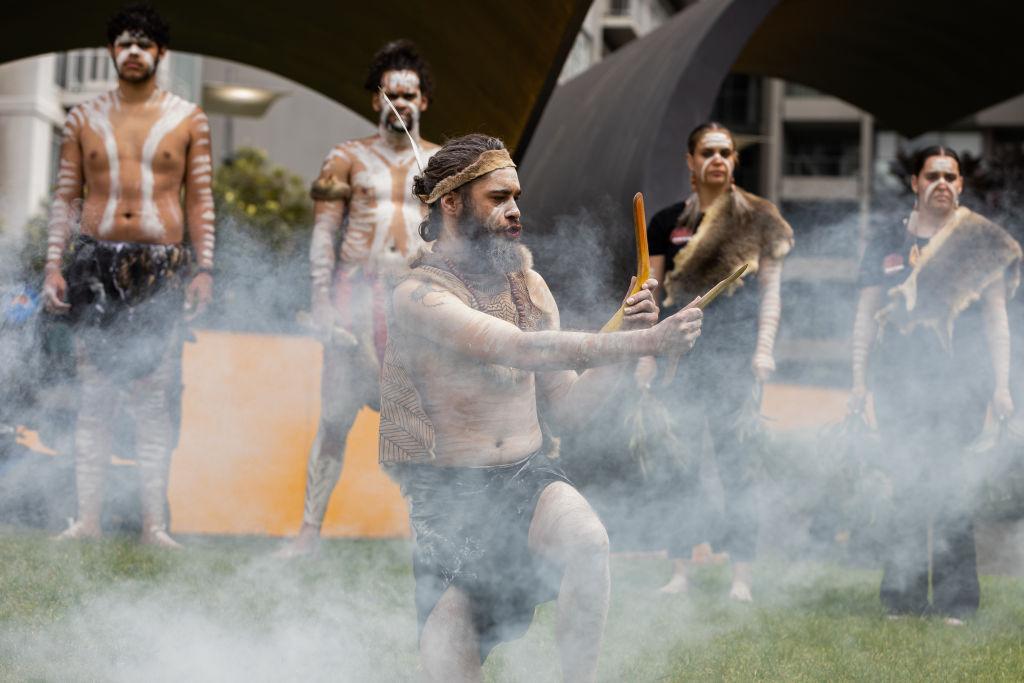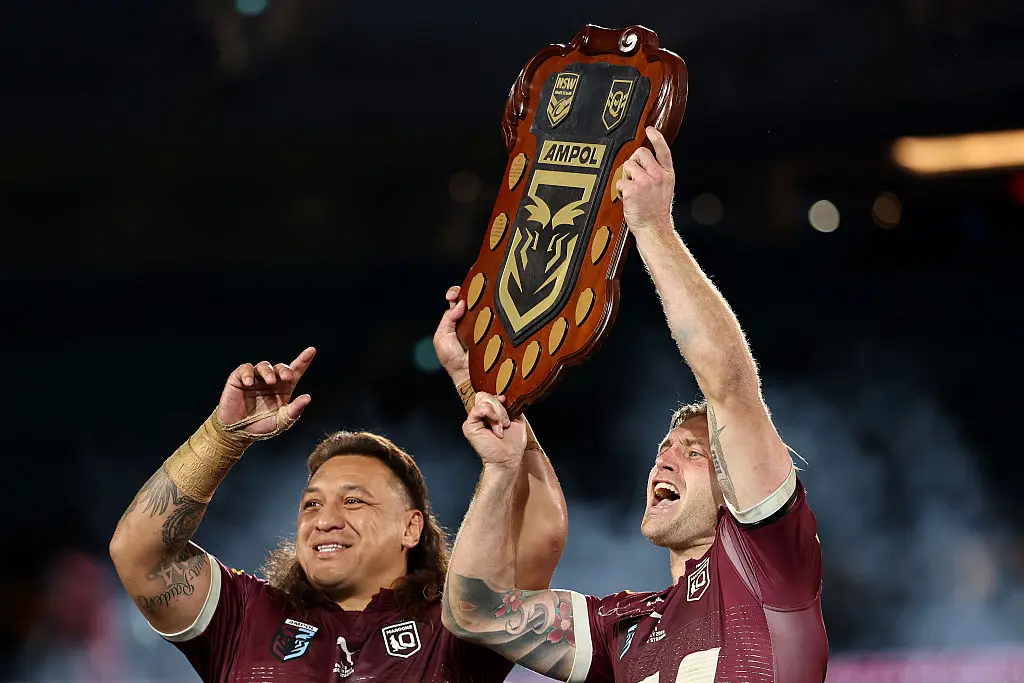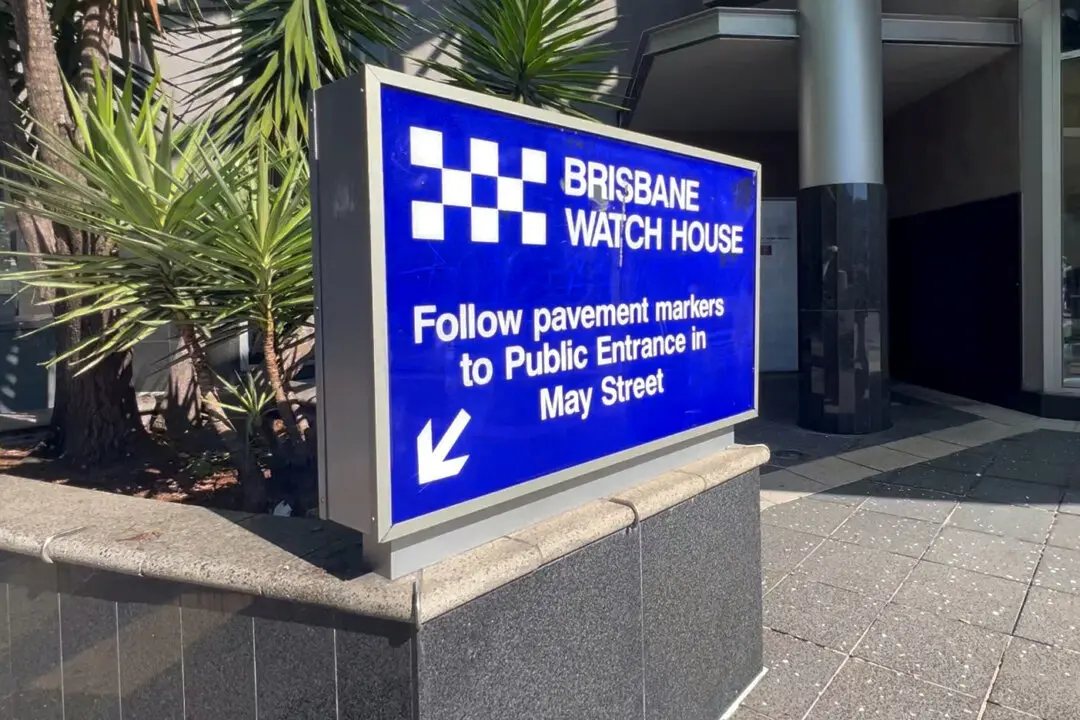When Northern Territory Chief Minister Lia Finocchiaro attended a commemoration of the Bombing of Darwin, she was the only speaking dignitary of eight who did not perform the Aboriginal Acknowledgement of Country.
The Acknowledgement is a verbal recognition of historical land ownership by Aboriginal groups, it has become commonplace and is spoken before speeches by politicians, or the heads of businesses, community groups, and universities.





